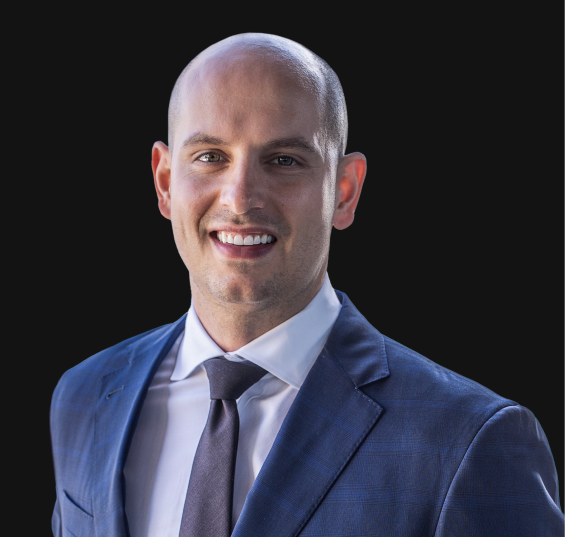Reaching age 62 has long been held as a major life milestone for older adults. It’s the earliest you can start claiming Social Security benefits, and it’s the beginning of retirement for many. It’s also the start of several important decisions that can affect both your retirement lifestyle as well as the legacy you wish to leave behind for your loved ones. Proper planning and forethought are crucial to help your retirement transition go smoothly.
So, whether you are counting down the days until you can leave the workforce, or you plan to work for another decade, here are some things to keep in mind as you celebrate your 62nd birthday.
1. Solidify Your Social Security Strategy
Just because you can claim your benefits at age 62 doesn’t mean you should. That’s because claiming benefits early results in a 30% benefit reduction when compared to what you would receive at full retirement age (FRA), which is generally age 67. Conversely, if you delay claiming benefits until after FRA, your benefit will increase by 8% each year, with a maximum possible increase of 32% at age 70.
Regardless of when you plan to retire, turning 62 is a good time to get the details in place and paperwork ready for your Social Security claiming decision. Creating a Social Security strategy will help you determine the best time to claim benefits and guide you in making decisions about how much to work in the years leading up to your full retirement age. It’s also important to consider how long you’ve worked and your lifetime average monthly earnings, which are used to calculate your benefit. In some cases, working a few extra years can have a big impact on your monthly Social Security benefit.
Some other factors to consider are spousal benefits and spousal claiming strategies, especially if you are widowed or divorced. It may be beneficial to start claiming spousal benefits now and delay claiming your benefits until later.
Finally, remember that Medicare benefits aren’t available until you’re 65, so if you are thinking of retiring at 62, you’ll need to find alternative healthcare coverage.
2. Take Advantage of Catch-up Contributions
If you’re not thinking about retiring just yet, consider putting more money into your retirement accounts. These next few years are your last chance to build up your nest egg for retirement. For 2023, you can contribute an extra $1,000 to an IRA for a total of $7,500, and an additional $7,500 to a 401(k) for a total of $30,000.
3. Consider Long-Term Care Planning
Don’t procrastinate on your long-term care planning. Generally, the last age that long-term care insurance is affordable is when you are in your early to mid 60s. The older you get, the higher your premium will be and the greater chance your application will be denied. Why is this so important? It’s estimated that 70% of today’s 65-year-olds will require some form of long-term care in their lifetime. On average nationally, it costs $315 per day or $9,584 per month for a private room in a nursing home, so it’s critical to have a plan to pay for these costs. This is especially true for women since they have longer life expectancies and often need care longer than men.
4. Plan Your Retirement Cash Flow
Creating a spending plan is a good practice no matter what age you are, but it’s particularly important as you draw closer to retirement. Mapping out your expenses and income helps you visualize a few scenarios to determine if you can retire early and what your income will look like at different points in your retirement.
Playing around with the numbers allows you to see how much you’re projected to spend and also gives you an indicator as to how much you may still need to save until you actually retire. This would be a good time to see where you can currently cut back to increase your savings for retirement down the road.
Get Started Today
Have you given any thought to how you will handle these four tasks? If not, it may be time to start solidifying your plan so you can retire with confidence. If you’d like to partner with a financial planner who understands your unique needs and inspires you to be more confident in your financial decisions, contact me today at 503-446-6450 or [email protected].







